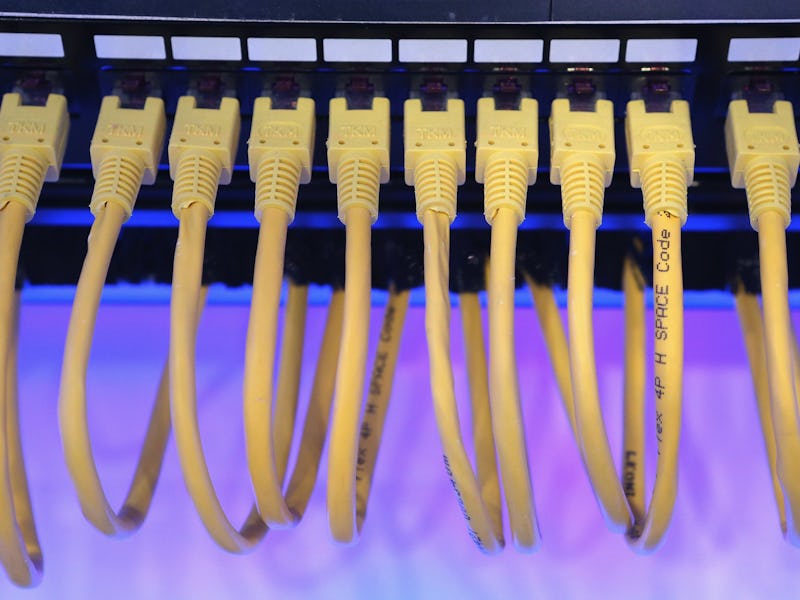A U.S. Appeals Court Upholds Net Neutrality! Now What?
An appeals court backs the FCC to treat the internet like a utility.

A U.S. appeals court this morning upheld the Obama administration’s net neutrality rules in a win for open internet, backing the Federal Communications Commission’s definition of the internet as a “public utility” and setting up internet service providers like Verizon and Comcast for greater government involvement.
The battle over net neutrality — the concept that internet providers should treat all internet content the same — has been raging since early 2015, when the FCC passed new rules meant to keep internet providers from blocking or slowing access to websites or apps. The rules reclassified the companies that provide internet as telecommunications services rather than information services, categorizing broadband as a service that should be equally accessible to everyone.
“Today’s ruling is a victory for consumers and innovators who deserve unfettered access to the entire web, and it ensures the internet remains a platform for unparalleled innovation, free expression and economic growth,” FCC chairman Tom Wheeler wrote in a statement. “After a decade of debate and legal battles, today’s ruling affirms the Commission’s ability to enforce the strongest possible internet protections – both on fixed and mobile networks – that will ensure the internet remains open, now and in the future.”
The ruling is also being welcomed by Netflix, which has emerged as a prominent corporate voice in favor of net neutrality. In a world without net neutrality, the bandwidth gobbler would be internet service providers’ obvious target for extra fees to fast-track downloading speeds. (In 2014, Netflix agreed to pay Comcast for consistently speedy video delivery — a move that quickly caused Netflix downloading speeds to rebound.) The upheld net neutrality rules prevent internet service providers from charging for faster downloading speeds.
In the court’s majority opinion, the judges write that the internet has become such an important part of Americans’ lives that it makes sense to treat it as a utility. “Indeed, given the tremendous impact third-party internet content has had on our society, it would be hard to deny its dominance in the broadband experience.” They continue: “Over the past two decades, this content has transformed nearly every aspect of our lives, from profound actions like choosing a leader, building a career, and falling in love, to more quotidian ones like hailing a cab and watching a movie.”
But this isn’t the end of the net neutrality fight: AT&T has already vowed to appeal the judgment: “We have always expected this issue to be decided by the Supreme Court, and we look forward to participating in that appeal,” said David McAtee, the company’s general counsel.
Read the full court opinion here.